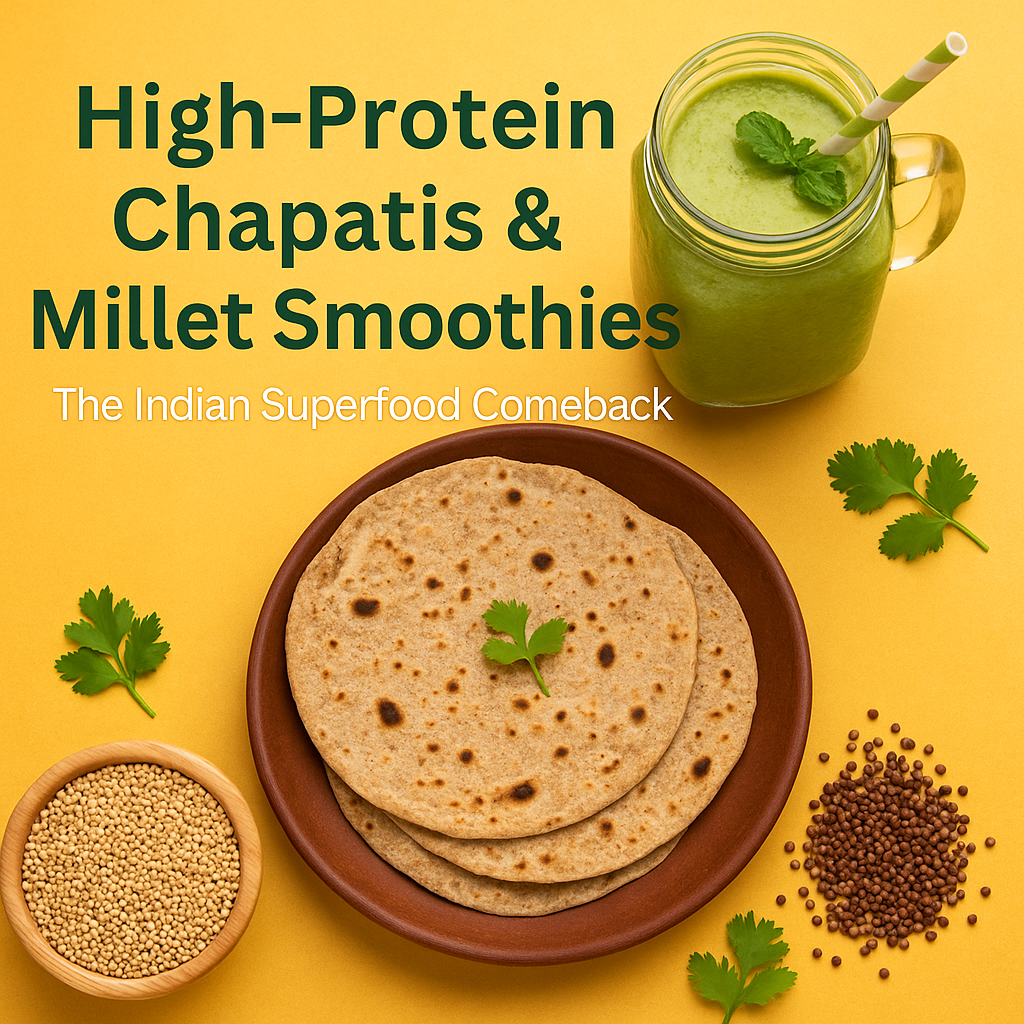
Dietician Sheela Seharawat
Metabolism is the vital physiological process in which the human body converts whatever we eat or drink into functional energy for the body to perform different physiological functions. During this complex biochemical process, the nutrients from food or beverages are absorbed by the alimentary canal and utilized for various cellular activity and finally, results in the combustion of foodstuffs in combination with oxygen to release energy in the form of heat and chemical energy in the form of ATP. Therefore, this metabolic process is also sometimes termed as energy metabolism.
How does it work?
Basically, there are two processes through which metabolism in the body works.
Anabolism: It refers to the process in which simpler components are utilized to produce highly complex compounds that is either stored as energy or used in the body building process, in the maintenance of body tissues, and support the growth of new cells. This process is also called constructive metabolism.
Catabolism: It refers to the breakdown of complex food components like proteins, carbohydrates, and fats into much simpler forms, which can be utilized to produce energy to perform different cellular activities. Due to this destructive metabolism, various waste products are also generated that get removed from the body through the kidneys, skin, intestines, and lungs.
Utility of metabolism
Human metabolism is utilized through three different ways.
Resting Metabolism: It is the amount of calories, around 70%, needed to perform the entire essential physiological functions and chemical reactions of the body in a complete rest or quiet state.
Thermic effect of food: It is the amount of energy, around 10%, require digesting and absorbing the nutrients present in the foodstuff of each meal.
Physical activity: It is the amount of energy, is about 20%, utilized during daily activities.










